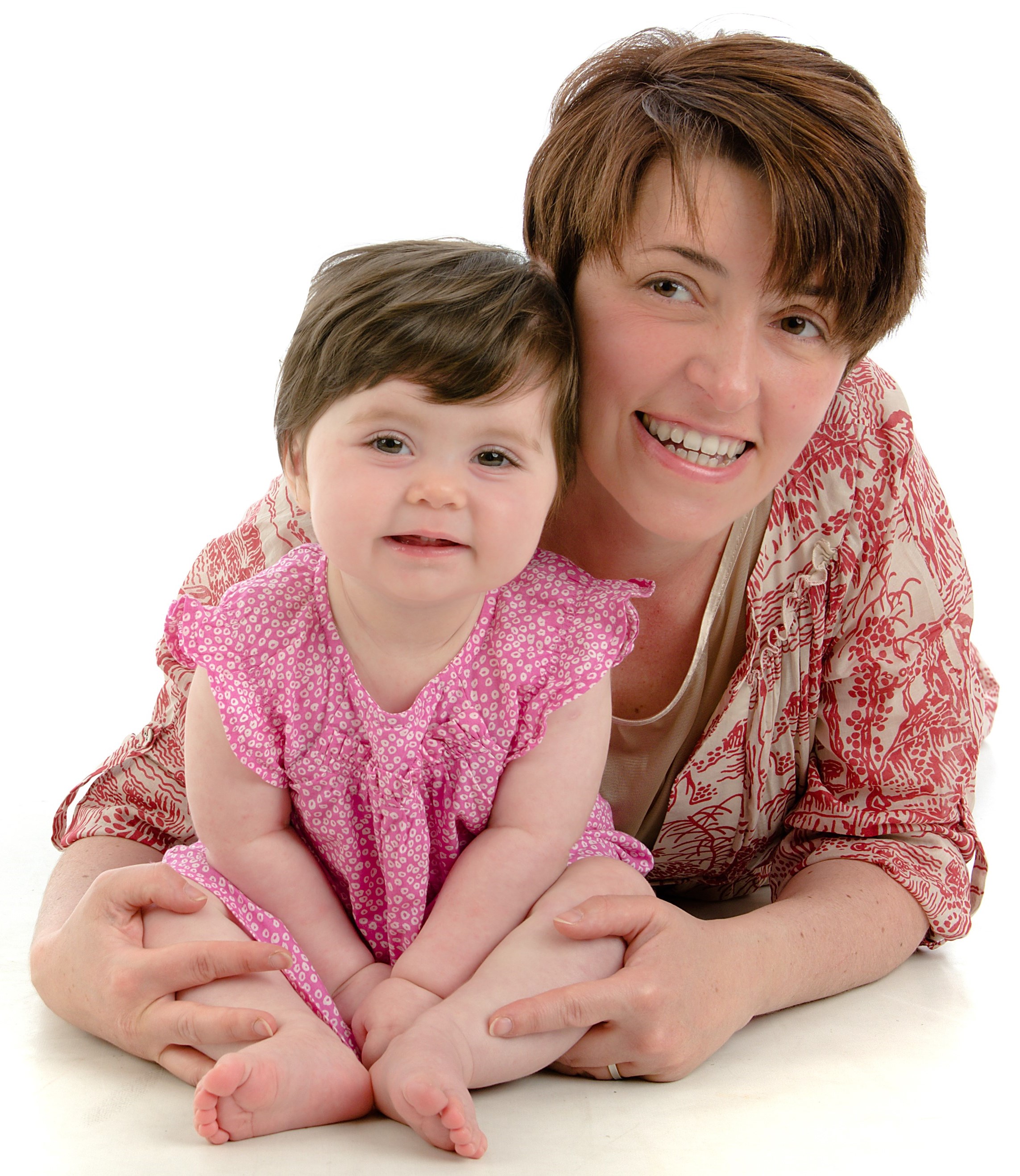
Recent research published following a study of pregnant women in London shows that while almost three quarters (73%) of women planned their pregnancy, only a quarter (27%) of women in the study visited a health professional for advice about getting pregnant and only half (51%) took folic acid which prevents spina bifida.
Action to improve health before a pregnancy is often dismissed on the grounds that women don’t plan pregnancies, however this study shows that planning is common.
The results also show that women can be very motivated to improve their health and change their lifestyle during the planning stage, and this was twice as likely if they received advice from a health professional. Almost half of the women in the study stopped smoking in the pre-conception period, showing that this is a period when women are motivated to give up. Despite this, information about what women can do to improve their health and the health of their baby is not getting through strongly enough as less than two thirds (63%) of women planning a pregnancy took folic acid.
Leading a healthy lifestyle and taking appropriate nutritional supplements such as folic acid prior to conception is increasingly regarded by health experts as important for the long-term health of pregnant women, the development of their babies and the long-term health of their children. Consequently, the time when a woman is planning to get pregnant is a critical period. Improvements she can make to her general health and lifestyle can lead to both short-term benefits, by reducing complications in pregnancy and birth, and the long-term health gain for herself and her child .
The aim of the study, led by professors at UCL, was to assess how women prepare for pregnancy through a survey of nearly 1,200 women receiving antenatal care at the Royal Free London, the Whittington and University College London Hospitals NHS Foundation Trust. Women from diverse ethnic and socioeconomic backgrounds, with both low and high risk pregnancies, were invited to participate. Researchers assessed the level of information that women had received about pre-conception health and care, if and how they had prepared for their pregnancy and the likely impact of input from health professionals on women’s health and lifestyle prior to pregnancy.
Valeria De Marco, mum of Lia aged two, from Wood Green was a participant in the study. Valeria planned her pregnancy, but did not seek or gain advice from a health professional in the NHS.
“I didn’t change my habits just to get pregnant, as I was generally healthy anyway. I regularly exercised and have never smoked. A few years ago when I was living in Holland, I received advice from my doctor who talked about the importance of taking folic acid so I did take these and vitamin supplements before I got pregnant.”
“I think it’s really important for women to be aware of the advantages to the health of their baby when they’re planning for pregnancy. Perhaps this should start at a young age and girls should be given information and advice at school.”
 Translate
Translate
